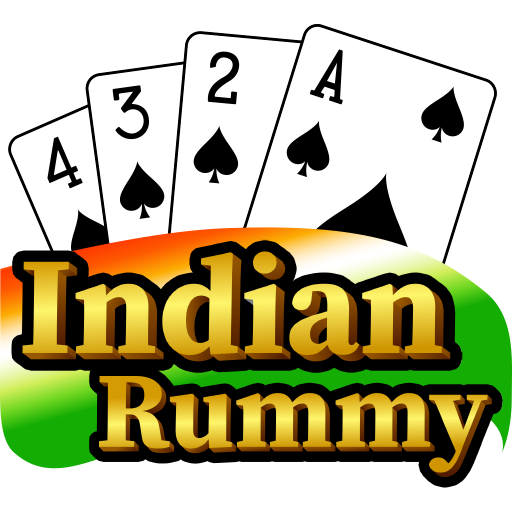Rummy in India, Rummy is one of the most popular card games in India, cherished by millions for its strategic depth and engaging gameplay. With its roots tracing back to ancient times, rummy has evolved into a beloved pastime, both in casual settings and competitive arenas. This article delves into the history, cultural significance, rules, and modern adaptation of rummy in India.
History and Cultural Significance
Rummy is believed to have originated from the Spanish game Conquian, which was brought to the American continent and later evolved into various forms, including the popular Gin Rummy in the United States. In India, rummy has become deeply ingrained in the cultural fabric, often played during festivals, family gatherings, and social events.
The game symbolizes more than just entertainment; it fosters social interaction, strengthens familial bonds, and enhances mental acuity. Festivals like Diwali and Holi see families and friends coming together to enjoy rummy, making it an integral part of Indian celebrations.
Rules and Gameplay
The standard version of rummy played in India is called Indian Rummy or 13 Card Rummy. Here are the basic rules and gameplay elements:
- Objective: The main goal is to arrange all 13 cards in hand into valid sets and sequences. A valid declaration must have at least two sequences, one of which must be a pure sequence (without a Joker).
- Deck: Indian Rummy is typically played with two decks of cards, including jokers.
- Dealing: Each player is dealt 13 cards. The remaining cards form the draw pile, with one card placed face up to start the discard pile.
- Sequences and Sets:
- Sequence: A sequence is a group of three or more consecutive cards of the same suit. A pure sequence does not include a joker, while an impure sequence can.
- Set: A set is a group of three or four cards of the same rank but different suits. Jokers can be used in sets.
- Gameplay: Players take turns drawing a card from the draw pile or discard pile and discarding one card. The game continues until a player makes a valid declaration.
- Scoring: The winner scores zero, while the other players accumulate points based on the unmatched cards in their hands. The goal is to minimize points over several rounds.
Online Rummy
The advent of the internet has transformed rummy from a traditional card game to a digital phenomenon. Numerous online platforms, such as RummyCircle, Junglee Rummy, and Ace2Three, offer Indian Rummy to players nationwide. These platforms provide a safe and regulated environment for players to enjoy rummy and participate in tournaments with real cash prizes.
Benefits of Online Rummy:
- Convenience: Players can enjoy the game from the comfort of their homes at any time.
- Variety: Online platforms offer various formats, including Points Rummy, Pool Rummy, and Deals Rummy.
- Security: Reputed platforms use advanced security measures to ensure fair play and secure transactions.
- Social Interaction: Online rummy platforms often have chat features, allowing players to interact and build a community.
Legal Status
In India, rummy is considered a game of skill rather than chance, which distinguishes it from gambling. The Supreme Court of India has upheld this distinction, making it legal to play rummy for money. However, players must choose licensed and regulated platforms to ensure a safe and legal gaming experience.
Conclusion
Rummy holds a special place in the hearts of many Indians, bridging generations and bringing people together. Its blend of skill, strategy, and tradition continues to captivate players, both offline and online. As the game evolves with technology, its cultural significance and enduring appeal remain as strong as ever. Whether played around a family table or on a digital platform, rummy in India is more than just a game—it’s a cherished tradition.




